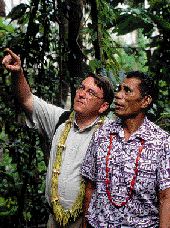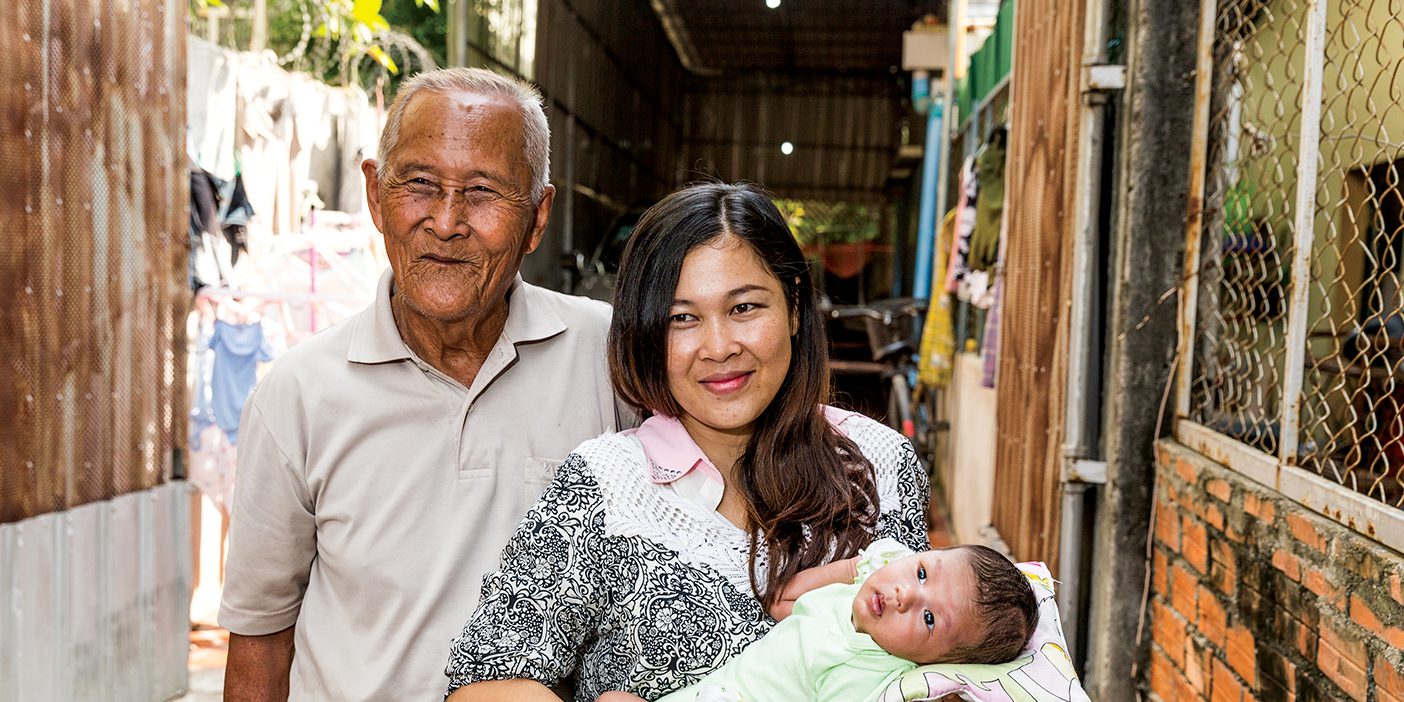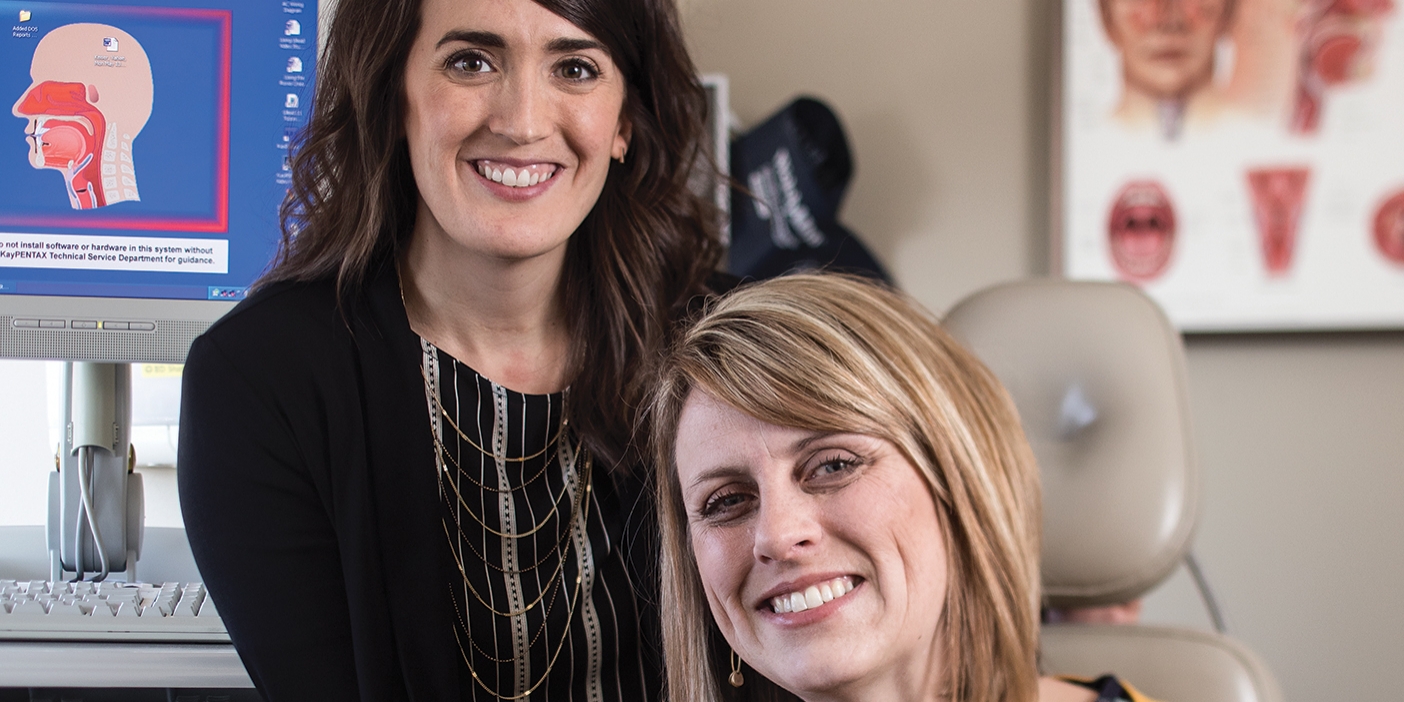By Julie Walker
Several years ago, BYU botany professor Paul Cox helped save a Samoan rain forest. In April, his efforts were honored with the world’s top award for grassroots environmentalism, an award that will help him continue his efforts.
The Goldman Prize is given annually to grassroots environmental heroes from six continental regions of the world. Cox, the BYU dean of General Education and Honors, shares the Island Nations region award and the accompanying $75,000 prize with Chief Fuiono Senio for their joint efforts to save a 30,000-acre rain forest in Western Samoa.
The two men met while Cox was conducting ethnobotanical research in the village of Falealupo, Western Samoa. The village had reluctantly licensed its forest to a logging company to raise funds to build a school, because, says Cox, “They felt they had to choose between their children and their forest, which was a terrible, terrible decision for them.” When he learned of the transaction with the logging company, Cox told the chiefs he would personally pay to build the school if they could stop the logging.
Fuiono, who has played a key role in conservation efforts, helped convince the chiefs’ council to accept Cox’s proposal. At the time, the logging company had begun clear-cutting one section of the forest. “After they accepted my offer, Fuiono ran up with his machete and chased the bulldozers away. He told the loggers if they ever came back, they would be ‘as the dust,'” says Cox.
Cox came back to Provo and, with the assistance of businessmen Ken Murdock and Rex Maughan, raised the money within a few weeks.
“When we returned to the village with the money and paid the loggers off, I heard the villagers cheer. It was one of the greatest days of my life,” he says.
The forest is now protected by a 50-year covenant, during which the indigenous people maintain stewardship over the forest, and logging or destructive commercial development is forbidden.
To further increase the chances that the forest will be preserved, Cox has decided to use his half of the Goldman Environmental Prize money to establish an endowment for the Falealupo forest. Two Utah corporations, NuSkin and Nature’s Way, have matched Cox’s contribution. The Seacology Foundation, a nonproÞt organization founded by Cox, will administer the funds.

Botany professor Paul Cox (left) and Chief Fuiono Senio of Falealupo, Western Samoa, enjoy the rain forest they saved.
Seacology seeks to do the same thing for other villages that Cox did for Falealupo. The organization has built six elementary schools, two medical clinics, and a water supply in exchange for forest- preservation agreements.
Cox, who became an honorary chief of the village for his work, has continued to help the village cultivate long-term sources of income. In May, the village will dedicate a new aerial rain forest walkway, part of a carefully managed ecotourism plan.
In addition, Cox continues the work that Þrst brought him to the forest–the search for new plant-based medicines. One substance he has researched shows promise as an anti-AIDS treatment. If the drug is ever put on the market, patent agreements guarantee that the Samoan people will receive a share of any proÞts.
The Goldman Environmental Prize was established six years ago by Richard and Rhoda Goldman of San Francisco, who felt the environmental movement needed its own version of the Nobel Prize.









